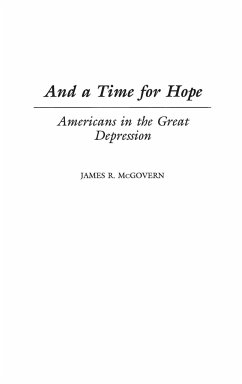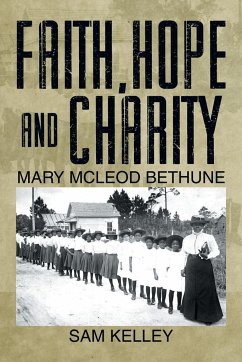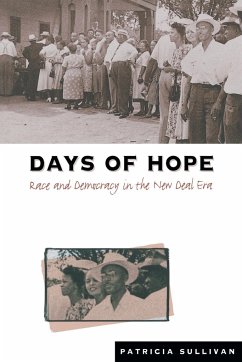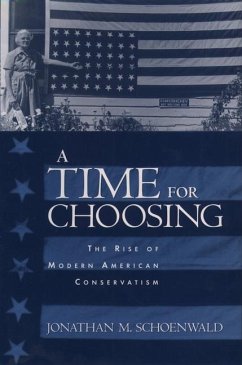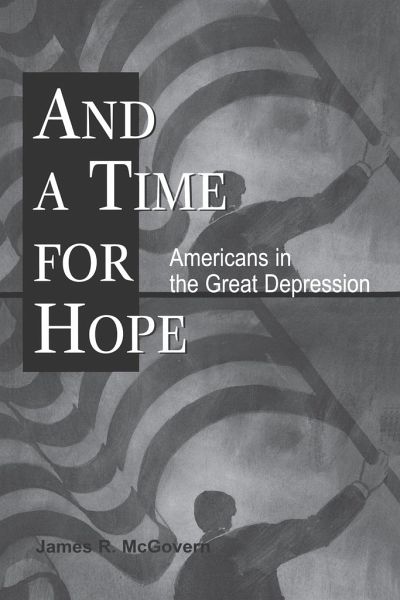
And a Time for Hope
Americans in the Great Depression

PAYBACK Punkte
23 °P sammeln!
Creating a broad, new vision of the 1930s, this highly readable social history shows that despite the hard times, Americans faced the Depression years with a characteristic resilience and optimism. Though more seriously affected by the Depression than Europe, Americans weathered hardship while European societies floundered, accepted dictatorships, or were caught in bitter ideological conflicts. Existing depictions of the era emphasize the negatives and overlook the diverse strengths of the American people, their ability to cope with temporary deprivation, and their triumphant retention of hope...
Creating a broad, new vision of the 1930s, this highly readable social history shows that despite the hard times, Americans faced the Depression years with a characteristic resilience and optimism. Though more seriously affected by the Depression than Europe, Americans weathered hardship while European societies floundered, accepted dictatorships, or were caught in bitter ideological conflicts. Existing depictions of the era emphasize the negatives and overlook the diverse strengths of the American people, their ability to cope with temporary deprivation, and their triumphant retention of hope for themselves and the future of their society. Restoring perspective on the era, this book looks at Americans' solid value systems, their diverse support systems, their religious life, and the role of FDR and the New Deal. Although the New Deal helped undeniably, social and cultural resources played a major role in the stability of American society and the resiliency with which Americans withstood the severity of the Great Depression. Confirming this interpretation, McGovern takes a close look at numerous facets of American life--rural areas, great cities, the Okie Odyssey, labor, African Americans, ethnic organizations, radio and films, technology and design. All reveal sources of confidence, abundant energy, and robust action, typical of a hopeful people. This study attempts to explain the successes and achievements of Americans in the 1930s.





